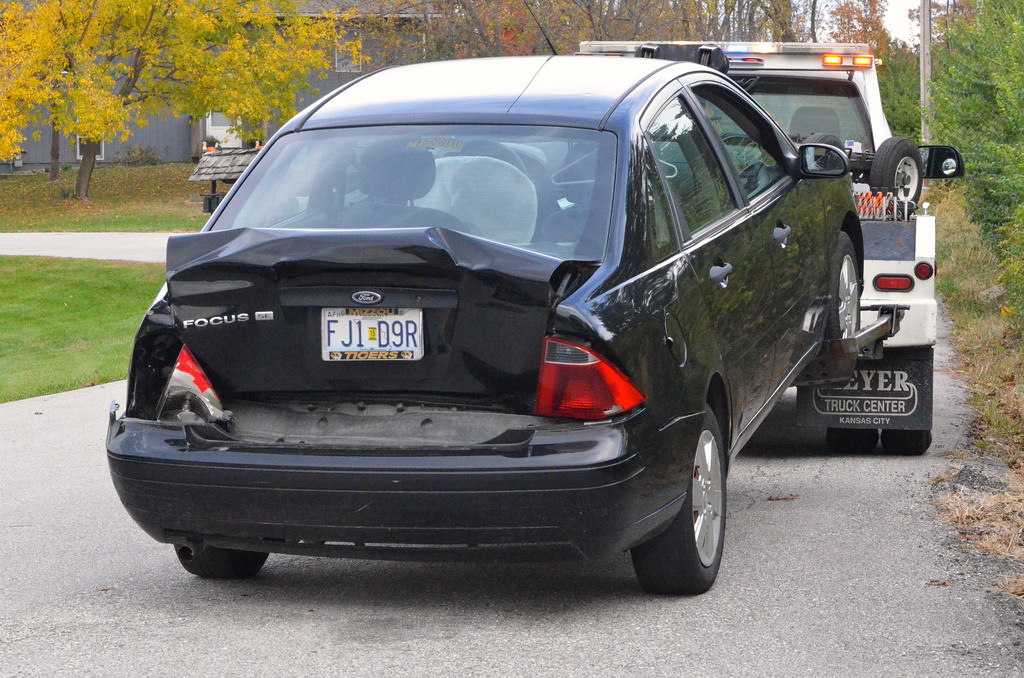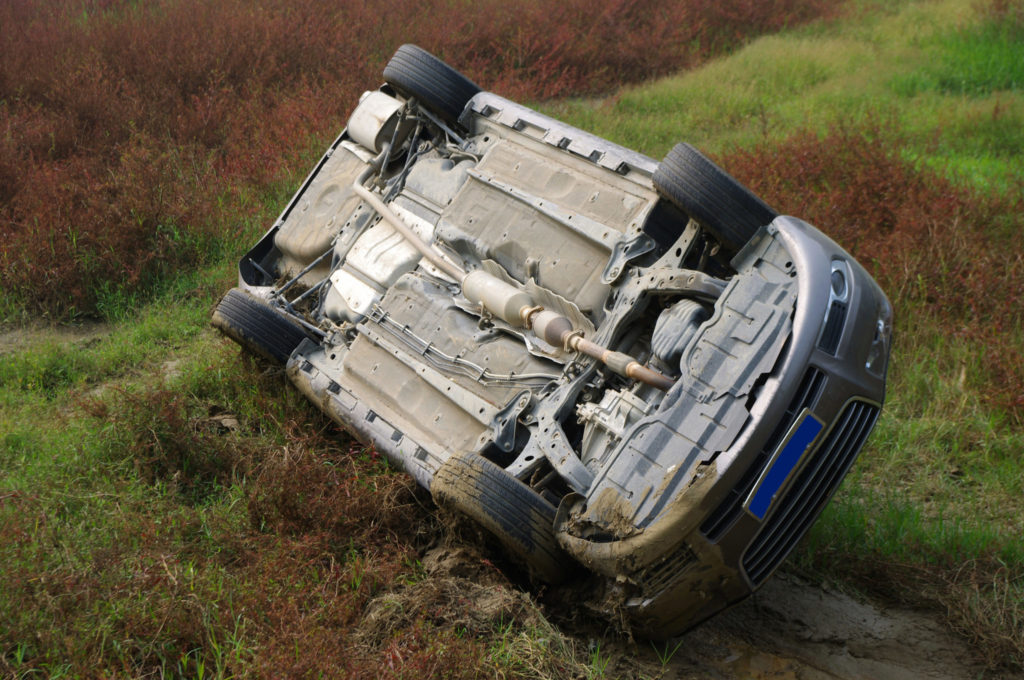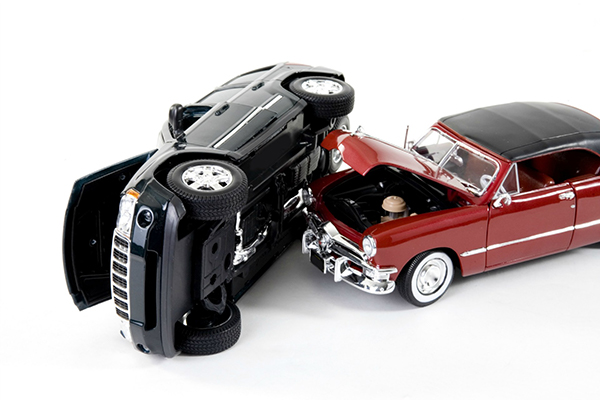Many people assume that Gap Insurance get its name from the fact that it covers the difference between what you owe on your car and what your insurance will pay for in the event that you get into an accident and your car is totaled. However, the word “gap” in Gap Insurance actually stands for guaranteed auto protection. If you don’t already have Gap Insurance added on your current Auto Insurance policy, you should consider it. Adding it to your policy is a smart idea if you’re currently leasing a vehicle or if you recently purchased a new one.
Depreciation & Gap Insurance
When you drive a car off the lot it automatically depreciates. Say you pay $25,000 for a car and get into an accident one month later. By then you probably only made one payment. What happens if the car is determined to be totaled? You’ll be at a loss because the insurance company will only pay you the market value of your vehicle. So, if your $25,000 car depreciated by 20% in one month, you would only receive $20,000 from your insurance company. That leaves $5,000 left uncovered.
Why You Need Gap Insurance
If you took out a loan to pay for your new car, you are still responsible to pay off the loan after it’s totaled in an accident. That means you will be paying for a car you can’t drive. Gap Insurance coverage can help cover the difference. However, it frequently excludes things like “rollover” balances from trade-ins. Gap coverage is also often capped at a percentage of the vehicle value. Make sure you understand all of the terms and conditions when adding Gap Insurance to your policy.
Gap Insurance can be essential when purchasing or leasing a new vehicle. For more information about adding Gap Insurance to your policy, speak with an Auto Insurance Specialist at (855) 919-4247.
This content is offered for educational purposes only and does not represent contractual agreements. The definitions, terms and coverages in a given policy may be different than those suggested here. Such policy will be governed by the language contained therein. No warranty or appropriateness for a specific purpose is expressed or implied.


